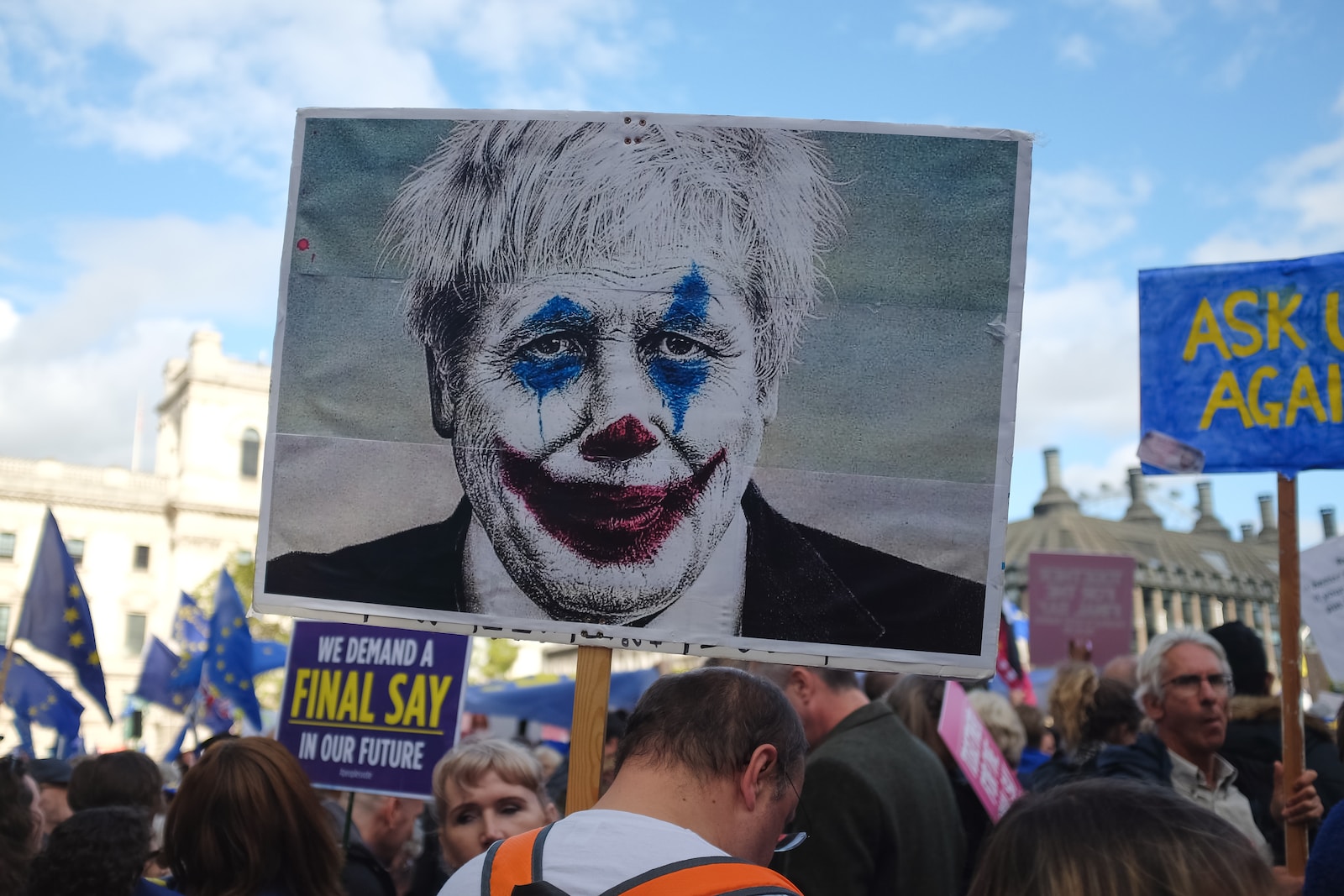Ah, Brexit. The political equivalent of deciding to break up with your long-term partner because you’re tired of them leaving the cap off the toothpaste. It was a decision that promised sovereignty, prosperity, and control. But, like waking up after a night of heavy drinking, the reality has been a little less rosy. Let’s take a look at the ‘morning after’ effects of this political bender.
- Economic Contraction: The UK is the only major rich economy that remains smaller than prior to the pandemic. The UK is projected to be 4% worse off than it would have been if it had voted against Brexit. Source: BBC News, OECD.
- Decrease in Real Income and Per-Capita Income Level: A UK exit has been predicted to lead to a decrease in real income by 6.3%-9.5%. Source: Michigan State University. Surveys of economists showed overwhelming agreement that Brexit would likely reduce the UK’s real per-capita income level. Source: Wikipedia.
- Trade Disruptions and Adverse Impact on Trade: New rules and paperwork for companies trading with the EU led to an initial dip in exports and may have deterred some small exporters. The variety of goods exported has also decreased. Brexit has had a significant adverse impact on UK trade, reducing both overall trade volumes. Source: BBC News, Politico.
- Increased Import Costs and Inflation: The price of food imported from the EU has risen, potentially by as much as 6% over 2020 and 2021, leading to higher costs for consumers. Brexit is weighing on imports and exports, sapping investment, contributing to labor shortages, and worsening Britain’s inflation. Source: BBC News, CNN Business.
- Stalled Business Investment and Exacerbated Economic Weaknesses: Uncertainty surrounding Brexit has led to a stall in business investment. If investment had continued its pre-referendum trend, it could be about 25% higher than it is now. Brexit has exposed and exacerbated underlying weaknesses in the British economy, such as low productivity and low business investment. Source: BBC News, Institute Global.
- Labor Shortages and Worker Shortage: Changes in immigration rules have resulted in labor shortages in sectors such as transport, hospitality, and retail, leading to service disruptions and increased costs for consumers. About 20,000 EU citizens left the UK after Brexit, leading to a significant shortage of workers in fields such as retail, hospitality, and goods transport. Source: BBC News, StudySmarter.
- Slow Progress on New Trade Deals: While the UK has struck 71 trade deals, most of them replicate deals that existed when the UK was part of the EU. New deals with Australia and New Zealand are expected to provide only a small boost to trade and deals with major players like the US and China remain elusive. Source: BBC News.
- Job Losses in Financial Services: The financial services sector have lost 7,000 jobs due to Brexit. Source: BBC News.
- Negative Impact on Irish Trade: Brexit has had negative impacts on Irish trade, with adverse knock-on effects on Irish production and ultimately Irish GDP. Source: Copenhagen Economics.
- Decrease in Imports: Research shows a 25% decrease in UK imports from the EU compared to imports. Source: Open Access Government.
- Reduced Competitiveness: Brexit has damaged Britain’s competitiveness and is expected to make the country poorer in the decade ahead. Source: Resolution Foundation.
- Impact on People Flow: Brexit has affected the flow of people, with EU citizens now having to apply for work or study in Britain. Source: The Economist.
- Increased Business Costs: The drop in the value of the pound after Brexit raised import prices, business costs, and inflation, but did not boost wages, exports, or the competitiveness of the UK economy. Source: Financial Times.
- Impact on Developing Countries: Brexit could cause the number of people living in extreme poverty in developing countries to rise by up to 1.7 million. Source: Deutsches Institut für Entwicklungspolitik.
- Impact on Supply Chains: The new rules have led to drastic consequences for some companies, with 17% of surveyed companies ceasing their export trade with the UK due to Brexit. Source: KPMG Germany.
- Impact on the EU: The EU lost about one-sixth of its economic output due to Brexit, and the negative consequences and challenges go beyond the GDP effect. Source: The Guardian.
- Higher Barriers to Trade, Capital Flows, and Labor Mobility: When the United Kingdom left the European Union, higher barriers to trade, capital flows, and labor mobility affect output and jobs not only in the UK but also in the EU. Source: International Monetary Fund.
- Negative Impact on Globalization: Brexit is seen as a vote against globalization, which has weakened forces in the EU that favor integration. Source: The Balance.
So, there you have it. The ‘Brexit Bonanza’ in all its glory. A smorgasbord of economic contraction, trade disruptions, labor shortages, and a whole lot more. But hey, at least they’ve got control, right? And isn’t that what it’s all about? Control over your own destiny, even if that destiny looks a bit like a car crash in slow motion. But don’t worry, I’m sure it’ll all work out in the end. After all, they’re British. A stiff upper lip, a love of queuing, and a knack for making the best of a bad situation. Let’s raise a cup of tea to Brexit, the gift that keeps on giving. Cheers! And remember, that’s what happens when you decide to jump off a cliff and then try to build a parachute on the way down.


